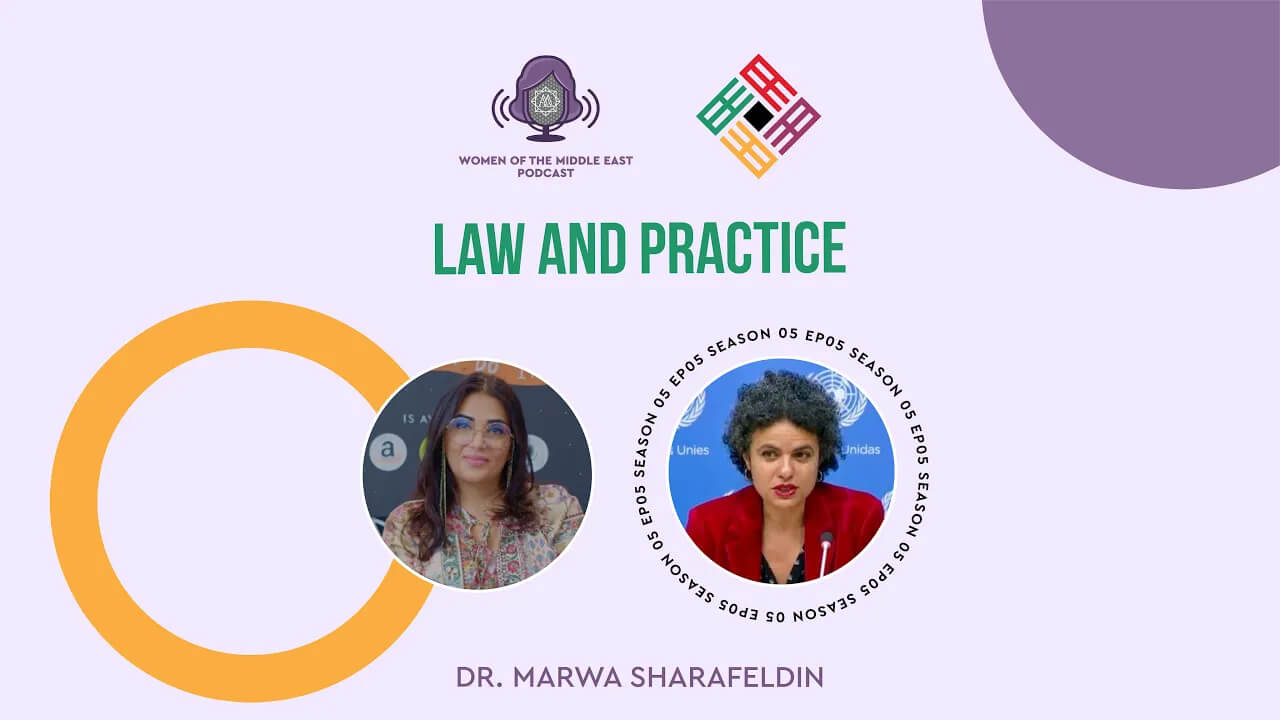The national vision of Qatar 2030 lists “Modernization and preservation of traditions” as the first challenge that t…
The open secret of women during Ramadan
Introduction
Women’s experiences during #Ramadan differ significantly from those of men, as they continue to bear the burden of patriarchal oppression even during this sacred month. In addition to their regular responsibilities throughout the year, women are expected to manage household chores, prepare tables for suhoor and breakfast throughout the month, spending hours on unpaid housework, all while observing their fast. Add to the already double burden, the burden of #Muslim women needing to fake their fast during their menstrual cycle despite their religious right to eat during the day.
Practices
Over the years, it has become a widely known practice of women in the MENA region devising intricate plans to conceal their menstrual cycles from men, particularly during Ramadan. When a woman’s menstrual cycle begins in a household, measures are quickly taken to hide it, treating the topic as a taboo. Women employ strategies to deceive others, such as pretending to fast during suhoor with the rest of the family, in order to ensure their situation remains concealed. This effort to conceal menstruation is akin to the precautions taken by a criminal trying to cover their tracks (Jameel, 2022).
Islam exempts women from practicing religious rites, including fasting during the period of menstruation with the obligation to make up the fast later . Yet, why does the Islamic community accept the fasting of the traveler and the sick, without the women accused of threatening the faiths of those who are fasting? The goal of fasting is to accustom oneself to patience, and this will not injure the fasting of a Muslim who has strong faith.
Women are raised deprived of the right to acknowledge their menstrual cycles from a young age under the name of shame and disgrace. Women are ashamed of buying sanitary pads, hiding them inside black bags, and coming up with sarcastic names for their periods to conceal it. Whereby, covering up and concealing the menstrual cycle becomes one of the features of women’s modesty in the lexicon of patriarchal society, and publicizing them is a scandalous act.
Conclusion
Hiding #menstruation underground is not a solution; it must be addressed openly and properly. Promoting the avoidance of discussing this topic only reinforces the cultural taboo associated with menstruation, which continues to have negative consequences for women. The permissibility of breaking the fast comes out of compassion for women and care for their health during the menstrual cycle, but in fact women’s work doubles in Ramadan, and time is taken away from worship to spend it working inside and outside the house.
Another aspect of normalizing shame of periods is that the health issues related to menstruation, such as polycystic ovarian syndrome/disease (PCOD/PCOS), premenstrual syndrome (PMS), and dysmenorrhea, often go unreported or undiagnosed due to the reluctance of patients to discuss their menstrual cycle in detail. Additionally, underprivileged women often resort to using makeshift alternatives to sanitary pads instead of purchasing cheaper, locally-made pads because they feel ashamed.
The patriarchy still views menstruation as repulsive, not recognizing it as a natural process and there is a long way to go to correct all misconceptions and gain women’s full rights.
Please follow me and the Women of the Middle East Podcast for more thought provoking topics.
Women’s experiences during #Ramadan differ significantly from those of men, as they continue to bear the burden of patriarchal oppression even during this sacred month. In addition to their regular responsibilities throughout the year, women are expected to manage household chores, prepare tables for suhoor and breakfast throughout the month, spending hours on unpaid housework, all while observing their fast. Add to the already double burden, the burden of #Muslim women needing to fake their fast during their menstrual cycle despite their religious right to eat during the day.
Practices
Over the years, it has become a widely known practice of women in the MENA region devising intricate plans to conceal their menstrual cycles from men, particularly during Ramadan. When a woman’s menstrual cycle begins in a household, measures are quickly taken to hide it, treating the topic as a taboo. Women employ strategies to deceive others, such as pretending to fast during suhoor with the rest of the family, in order to ensure their situation remains concealed. This effort to conceal menstruation is akin to the precautions taken by a criminal trying to cover their tracks (Jameel, 2022).
Islam exempts women from practicing religious rites, including fasting during the period of menstruation with the obligation to make up the fast later . Yet, why does the Islamic community accept the fasting of the traveler and the sick, without the women accused of threatening the faiths of those who are fasting? The goal of fasting is to accustom oneself to patience, and this will not injure the fasting of a Muslim who has strong faith.
Women are raised deprived of the right to acknowledge their menstrual cycles from a young age under the name of shame and disgrace. Women are ashamed of buying sanitary pads, hiding them inside black bags, and coming up with sarcastic names for their periods to conceal it. Whereby, covering up and concealing the menstrual cycle becomes one of the features of women’s modesty in the lexicon of patriarchal society, and publicizing them is a scandalous act.
Conclusion
Hiding #menstruation underground is not a solution; it must be addressed openly and properly. Promoting the avoidance of discussing this topic only reinforces the cultural taboo associated with menstruation, which continues to have negative consequences for women. The permissibility of breaking the fast comes out of compassion for women and care for their health during the menstrual cycle, but in fact women’s work doubles in Ramadan, and time is taken away from worship to spend it working inside and outside the house.
Another aspect of normalizing shame of periods is that the health issues related to menstruation, such as polycystic ovarian syndrome/disease (PCOD/PCOS), premenstrual syndrome (PMS), and dysmenorrhea, often go unreported or undiagnosed due to the reluctance of patients to discuss their menstrual cycle in detail. Additionally, underprivileged women often resort to using makeshift alternatives to sanitary pads instead of purchasing cheaper, locally-made pads because they feel ashamed.
The patriarchy still views menstruation as repulsive, not recognizing it as a natural process and there is a long way to go to correct all misconceptions and gain women’s full rights.
Please follow me and the Women of the Middle East Podcast for more thought provoking topics.
Link to the article
You may also check
In the fifth episode of the Women of the Middle East Podcast, I had the privilege…


